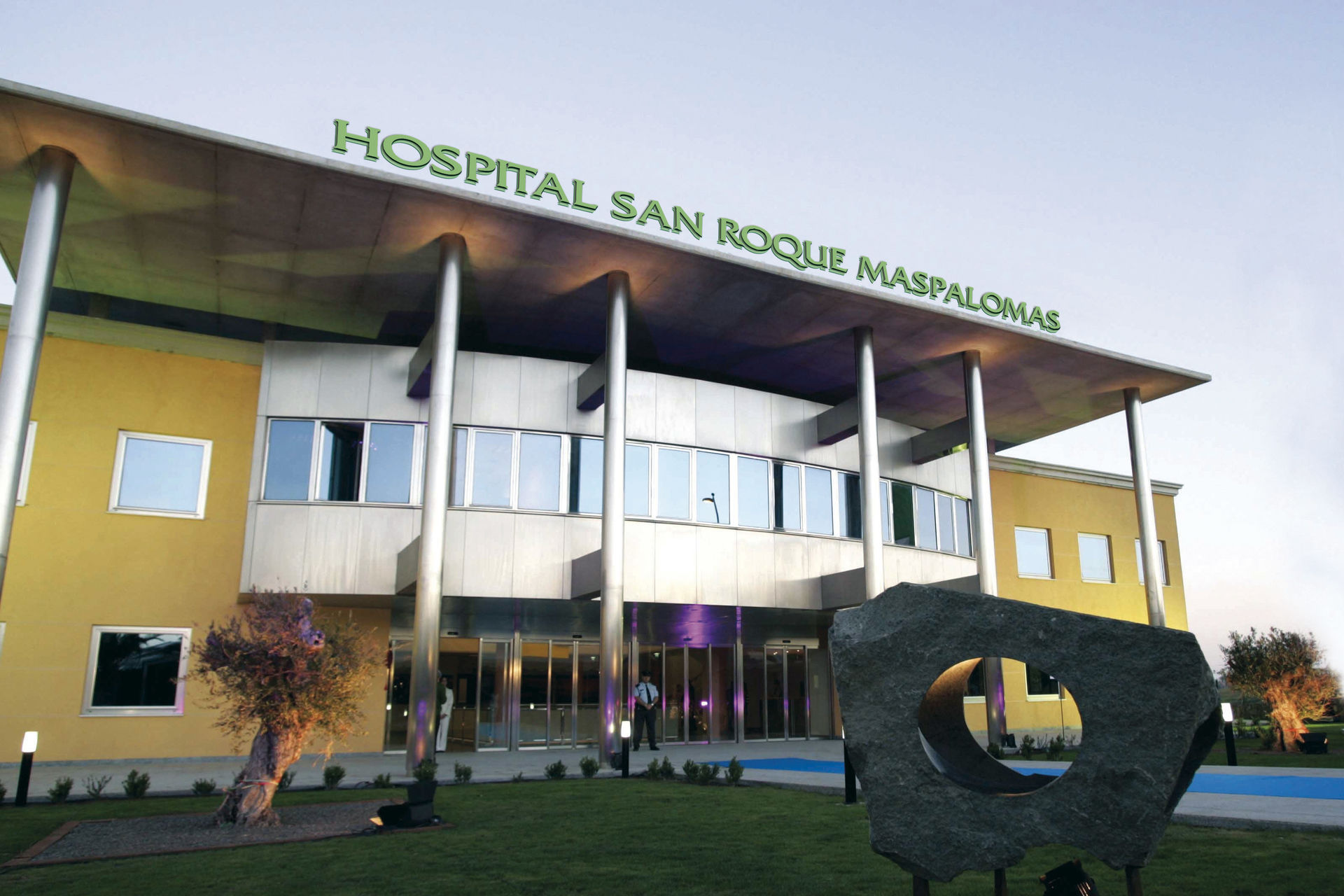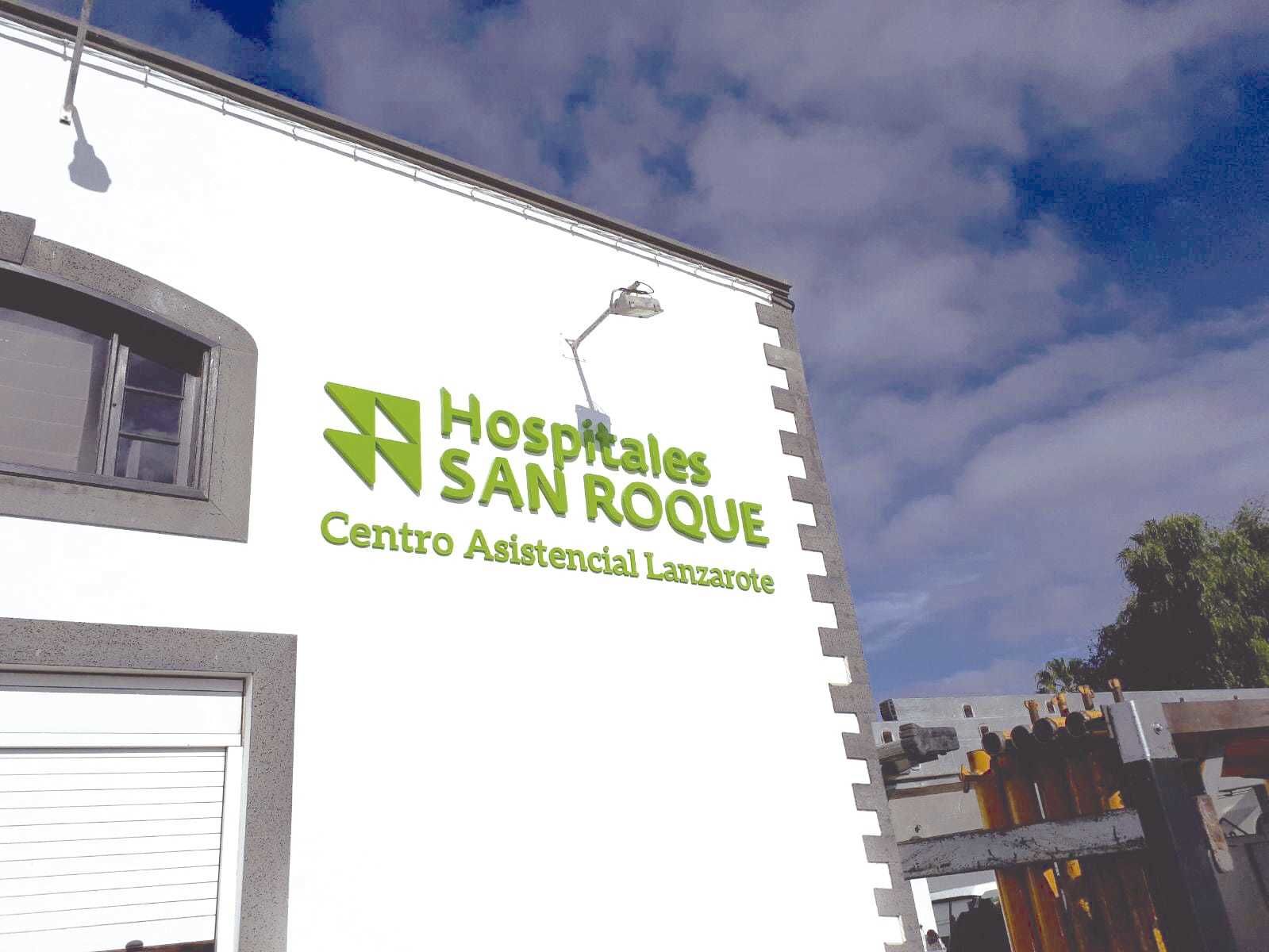Medical Specialties
Your health is covered at every stage
Angiology and Vascular Surgery
In general terms, Vascular Surgery is a medical-surgical specialty that deals with the study, diagnosis and treatment of diseases affecting the circulatory system (arteries, veins and lymphatics).
The high rate, prevalence and mortality of vascular disease has proven the importance of Angiology, a medical discipline that initially approached this disease by treating risk factors, promoting prevention and providing medical treatment. Subsequently, invasive and non-invasive diagnostic techniques were also included as well as techniques for treating vascular disease and reconstructing diseased arteries and veins through Vascular Surgery, all of which made it possible to provide comprehensive treatment for vascular disease patients.
Now, this specialty has taken a new turn with the development of techniques that make it possible to treat vascular lesions remotely. The medical and surgical specialty thus established addresses the needs of vascular patients comprehensively, offering prevention and diagnosis as well as endovascular and surgical medical treatment of lesions. Similarly, and due to the chronic nature of most vascular disorders, this specialty also monitors patients in order to prevent, treat and manage any complications derived these procedures.
This comprehensive approach, encompassed within European Union guidelines, allows specialists to offer patients the best possible and most effective therapies available. In a health care setting, Angiologists and Vascular Surgeons treat arterial disease, ischaemia and blood vessel aneurysm throughout the body, with the exception of intracranial and coronary blood vessels. They also deal with arteriovenous fistulas for haemodialysis and treat chronic venous insufficiency, varicose veins, venous thrombosis and post-thrombotic syndrome. Other conditions that receive comprehensive treatment include diabetic foot syndrome, with or without ischaemia, and vascular ulcers.
The high rate, prevalence and mortality of vascular disease has proven the importance of Angiology, a medical discipline that initially approached this disease by treating risk factors, promoting prevention and providing medical treatment. Subsequently, invasive and non-invasive diagnostic techniques were also included as well as techniques for treating vascular disease and reconstructing diseased arteries and veins through Vascular Surgery, all of which made it possible to provide comprehensive treatment for vascular disease patients.
Now, this specialty has taken a new turn with the development of techniques that make it possible to treat vascular lesions remotely. The medical and surgical specialty thus established addresses the needs of vascular patients comprehensively, offering prevention and diagnosis as well as endovascular and surgical medical treatment of lesions. Similarly, and due to the chronic nature of most vascular disorders, this specialty also monitors patients in order to prevent, treat and manage any complications derived these procedures.
This comprehensive approach, encompassed within European Union guidelines, allows specialists to offer patients the best possible and most effective therapies available. In a health care setting, Angiologists and Vascular Surgeons treat arterial disease, ischaemia and blood vessel aneurysm throughout the body, with the exception of intracranial and coronary blood vessels. They also deal with arteriovenous fistulas for haemodialysis and treat chronic venous insufficiency, varicose veins, venous thrombosis and post-thrombotic syndrome. Other conditions that receive comprehensive treatment include diabetic foot syndrome, with or without ischaemia, and vascular ulcers.
The high rate, prevalence and mortality of vascular disease has proven the importance of Angiology, a medical discipline that initially approached this disease by treating risk factors, promoting prevention and providing medical treatment. Subsequently, invasive and non-invasive diagnostic techniques were also included as well as techniques for treating vascular disease and reconstructing diseased arteries and veins through Vascular Surgery, all of which made it possible to provide comprehensive treatment for vascular disease patients.
Now, this specialty has taken a new turn with the development of techniques that make it possible to treat vascular lesions remotely. The medical and surgical specialty thus established addresses the needs of vascular patients comprehensively, offering prevention and diagnosis as well as endovascular and surgical medical treatment of lesions. Similarly, and due to the chronic nature of most vascular disorders, this specialty also monitors patients in order to prevent, treat and manage any complications derived these procedures.
This comprehensive approach, encompassed within European Union guidelines, allows specialists to offer patients the best possible and most effective therapies available. In a health care setting, Angiologists and Vascular Surgeons treat arterial disease, ischaemia and blood vessel aneurysm throughout the body, with the exception of intracranial and coronary blood vessels. They also deal with arteriovenous fistulas for haemodialysis and treat chronic venous insufficiency, varicose veins, venous thrombosis and post-thrombotic syndrome. Other conditions that receive comprehensive treatment include diabetic foot syndrome, with or without ischaemia, and vascular ulcers.
The high rate, prevalence and mortality of vascular disease has proven the importance of Angiology, a medical discipline that initially approached this disease by treating risk factors, promoting prevention and providing medical treatment. Subsequently, invasive and non-invasive diagnostic techniques were also included as well as techniques for treating vascular disease and reconstructing diseased arteries and veins through Vascular Surgery, all of which made it possible to provide comprehensive treatment for vascular disease patients.
Now, this specialty has taken a new turn with the development of techniques that make it possible to treat vascular lesions remotely. The medical and surgical specialty thus established addresses the needs of vascular patients comprehensively, offering prevention and diagnosis as well as endovascular and surgical medical treatment of lesions. Similarly, and due to the chronic nature of most vascular disorders, this specialty also monitors patients in order to prevent, treat and manage any complications derived these procedures.
This comprehensive approach, encompassed within European Union guidelines, allows specialists to offer patients the best possible and most effective therapies available. In a health care setting, Angiologists and Vascular Surgeons treat arterial disease, ischaemia and blood vessel aneurysm throughout the body, with the exception of intracranial and coronary blood vessels. They also deal with arteriovenous fistulas for haemodialysis and treat chronic venous insufficiency, varicose veins, venous thrombosis and post-thrombotic syndrome. Other conditions that receive comprehensive treatment include diabetic foot syndrome, with or without ischaemia, and vascular ulcers.






